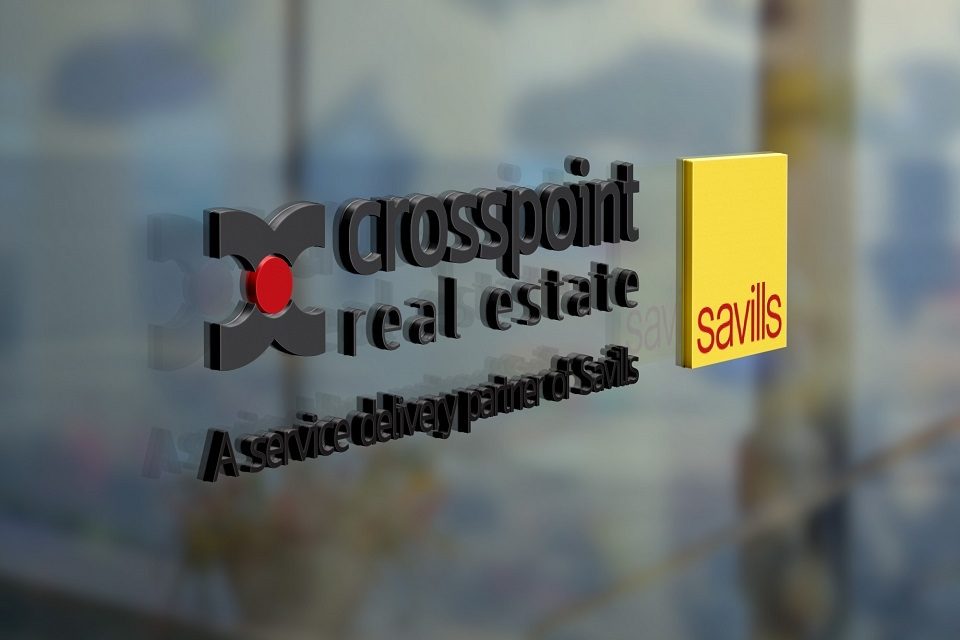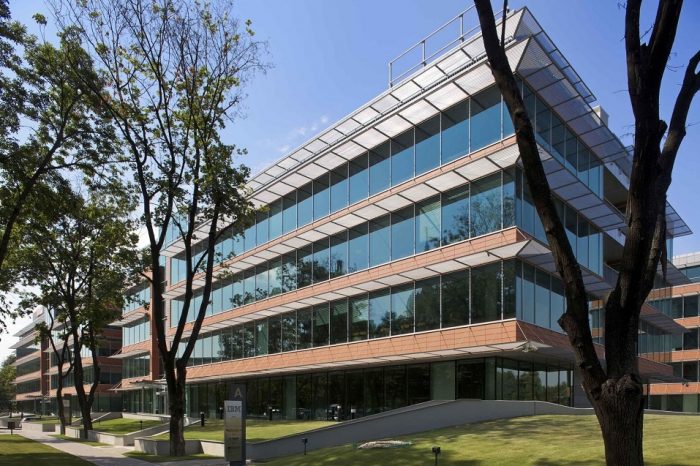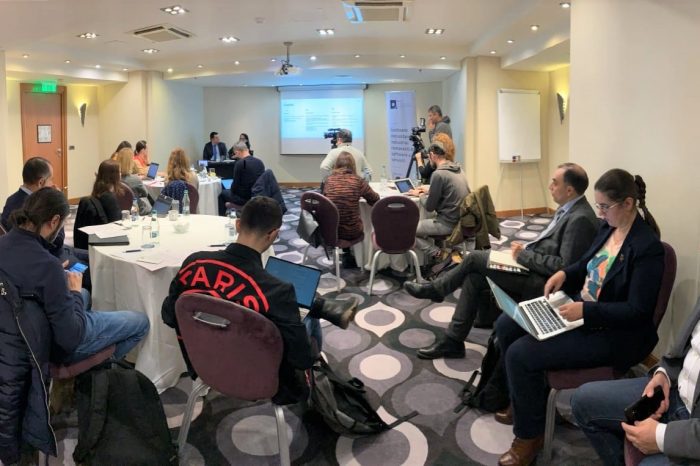Crosspoint Research: Work- Space & Time Survey. What matters most to employees in urban business hubs?

Work as we once knew it is evolving everywhere around the world. As big cities are becoming more and more crowded, the perfect place for all employees becomes more difficult to find. Generations Y and Z value their personal life more than the previous generations. In order to see how much Romania is following the global trends, Crosspoint Real Estate has released the “WORK: SPACE & TIME” report based on a survey, which depicts what matters most to the people working in the country’s main urban business hubs, in terms of the space they work in and what could be improved in their everyday professional life.
Most than half of the today’s employees work from an office building, with less than 15 percent working on a flexible scheme, either from home or in flexible office spaces. Not coming as a surprise, this kind of spaces is occupied by younger generations.
The most important features of the workplace for Romanian employees are the comfort of the working space, air and light quality, temperature and noise levels while the least important seems to be the interior design, similar to all European employees. Open plan offices are still the most popular type of office space in Romania, in line with European trends, representing more than 50% of the spaces. The ideal space for them is a mix between collaborative workspaces and private offices.
Almost half of employees consider they don’t have the access to the technology needed to work more flexibly nor are they encouraged to do so by their organizations. Developers and owners of office buildings need to come
up with innovative spaces or improve the existing ones, get more involved in the tenants’ wellbeing and create communities within their buildings.
Access to the latest technology and good public transport connectivity are equally the most important aspects of the ideal workplace (over 60%) followed by car parking and the existence of a private working area. Surprisingly, smoking areas are not that crucial in their preferences. According to a recent study from National Institute of Public Health regarding smoking, 26% of Romanian adults are smokers, within the 27% European average (Greece on top, with 37%, Sweden the last, with 7%). In Europe, the length of commute to work, financial costs involved, a quiet space are in top 5 features of the ideal workplace.
Location will continue to be one the most important things Romanian employees take into consideration, as most of them use public transport to arrive at/leave work. As population in urban areas is growing rapidly, areas with good connectivity located in the city centre become overcrowded, leading to an imminent need for infrastructure development in peripheral areas.
Employees are the most satisfied with the easy access their workplace has to public transport and the distance between home and work and the least satisfied with not having the possibility to work flexibly.
Half of employees are happy or very happy with the space they are currently working in. The fact that over half of Romanians are happy with their workspace is a positive aspect and a reflection of the fact that in the past two years companies have been moving into the newest, most modern office buildings, with easy access to public transport.
All the environmental improvements are considered important or very important to be implemented (over 40% on the importance scale), such as waste collection, controlled independent temperature and lighting in different work areas, Romanian workers being very open to the idea of sustainability. The weight of these tasks lies within each organization and developer, green buildings expected to become a norm in the future. More than 50 % of the Romanians don’t want to have influence over the space they work in.
With regards to the other dimension of the working environment- time– over 65% of Romanian office employees don’t have the possibility of working from home. The 11% of the employees being able to work 8 days per month from home are mostly freelancers.
Almost half of Romanian employees use public transport while 35% of them use a car in their daily commute to/from work. Surprisingly, only 1.8% use ride sharing and taxi services, as opposed to the rest of Europeans. 3.1% use bicycles and scooters including electric scooters.
The average time spent commuting to/from work is between 15 and 45 minutes for the majority of employees, over 50% of employees considering that flexible work would improve their work-life balance.
The conclusion is that both employers and developers should be more focused on tenant’s experience and comfort. The developers must design welcoming workplaces while landlords and companies should implement measures to make the work environment more people-friendly, from flexible space & time to sustainability and creating communities.














